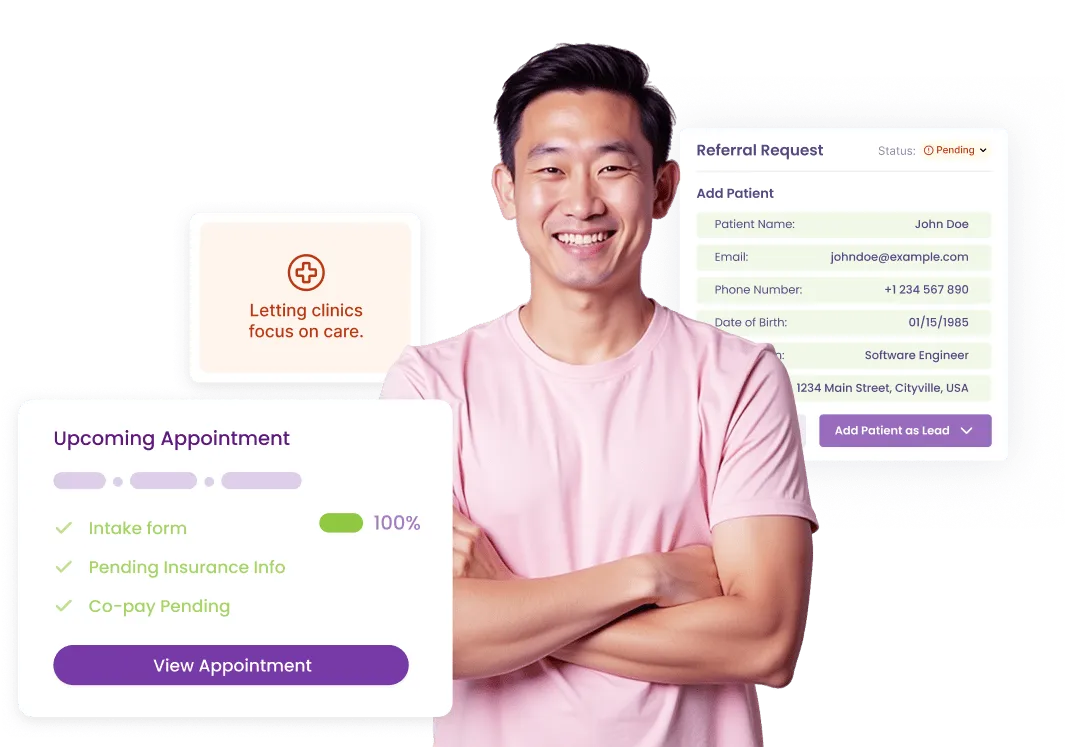H2014 – Substance Use Counseling / Behavioral Health Service
CPT code H2014 represents a distinct mental or behavioral health service, including evaluation, therapy, or care coordination.
What is CPT
H2014
?
H2014 refers specifically to the provision of counseling services within the context of substance use treatment. This entry serves to clarify the clinical purpose of this code, outline the documentation expectations required for compliance, and discuss payer considerations. It is crucial that providers align their clinical notes with evidence-based interventions, ensuring that treatment goals, interventions utilized, and measurable progress are meticulously recorded. In instances where the code is applied based on the duration of the service provided, it is essential to document both the start and stop times to substantiate the billed duration.

Documentation Tips
When billing for services under H2014, it is essential to document the start and stop times for time-based psychotherapy sessions accurately. Additionally, include detailed information regarding the therapeutic modality employed or the specific assessment instrument utilized during the session. Documentation should reflect the clinical focus of the session, the patient's response to the interventions, and a clear plan for follow-up care. For sessions involving scored assessment instruments, maintain copies of the completed tools for reference. In the case of telehealth services, ensure to document patient consent and the specific platform used to deliver the service. Adhering to structured documentation formats such as SOAP (Subjective, Objective, Assessment, Plan) or DAP (Data, Assessment, Plan) will enhance audit readiness and compliance.

At a Glance
- Service Type: Substance Use Counseling
- Use Case: Individual or group counseling sessions
- Typical Setting: Outpatient clinics, telehealth, or community-based settings (subject to payer policies)
- Billing Unit: Billed per session or per assessment instrument (varies by payer and service delivered)
- Common Pairings: 90791 (Psychiatric Diagnostic Evaluation), 96127 (Brief Emotional/Behavioral Assessment), various psychotherapy codes
Billing Examples
An example of billing under H2014 includes a counselor conducting a relapse prevention session with a client. During this session, the provider documents the client’s identified triggers, coping mechanisms, and updates to the treatment plan. It is important to note that group therapy sessions and individual counseling services may be billed under separate HCPCS/CPT codes according to payer-specific rules and guidelines. For instance, if a client receives both group therapy and individual counseling in the same day, each service will require distinct documentation and coding to ensure compliance.
Compliance Guidelines
- Always verify payer coverage and authorization requirements before billing for H2014 services.
- Document medical necessity clearly, linking all services provided to appropriate ICD-10 diagnoses.
- Utilize correct modifiers as required (e.g., modifier 95 for telehealth services) to comply with payer regulations.
- Avoid upcoding; ensure that the selected code accurately reflects the documented time spent and the service level provided.
- Conduct periodic audits of billing and documentation practices to minimize denials and improve overall documentation quality.
Common ICD-10 Codes
Helpful links for mental health billing and documentation
- F10.20 - Alcohol Use Disorder, Uncomplicated
- F11.21 - Opioid Use Disorder, Severe
- F19.20 - Other Psychoactive Substance Use Disorder, Uncomplicated
- F10.10 - Alcohol Use Disorder, Mild
- F12.20 - Cannabis Use Disorder, Uncomplicated
Additional Resources
Helpful links for mental health billing and documentation
- CMS Medicare Billing Guidelines - Comprehensive guidelines for billing Medicare services.
- APA Practice Guidelines - Evidence-based practices in psychology and counseling.
- AMA CPT Code Directory - Official resource for current CPT codes and descriptions.
Related CPT Codes
Helpful links for mental health billing and documentation
Got questions? We’ve got answers.
Need more help? Reach out to us.
Q1: What is the primary purpose of this code?
A: H2014 is utilized for counseling services directly related to substance use treatment; it is vital that documentation accurately supports the services billed.
Q2: Is H2014 billable via telehealth?
A: Yes, many payers permit billing for telehealth services under H2014, provided that the service is delivered synchronously and all necessary modifiers and consent are documented. Always check individual payer policies for specifics.
Q3: What types of documentation may payers request for H2014?
A: Payers typically require documentation of the time spent with the patient, details regarding the therapeutic techniques or assessment instruments utilized, the patient’s response during the session, and a connection to a valid ICD-10 diagnosis.
Q4: Can H2014 be billed in conjunction with other services?
A: Yes, when billing for multiple services on the same day, it is important to document distinct time and rationale for each service provided. Utilize add-on codes or follow E/M separation rules as applicable to ensure proper billing.
Q5: What are common reasons for claim denials related to H2014?
A: Common denial reasons include missing time documentation, insufficient evidence of medical necessity, incorrect use of modifiers, or billing for services that exceed frequency limits set by payers.

